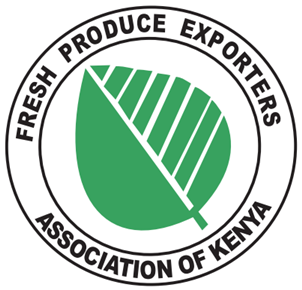- December 13, 2023
- Posted by: admin
- Categories: Compliance & Standards, General Information
Following the publication in October 2023 of the opinion of the European Food Safety Authority (EFSA) on the risks posed by imports of cut flowers of roses for the introduction into the EU of the false codling moth (thaumatotibia leucotreta), discussions are ongoing in Brussels between the European Commission and the 27 EU Member States as regards the appropriate EU regulatory measures to be put in place.
While a position has not yet been finalized and the decision-making process is likely to take a few months, it is expected that rose exporting countries where FCM is known to occur such as Kenya, Ethiopia, Tanzania, Uganda, Zambia and Zimbabwe will be required to put in place a systems approach, guaranteeing that infestations can be excluded with a certain degree of statistical confi- dence.
This will require supervision of farms by the National Plant Protection Authorities (NPPOs), which will need to take full responsibility for the system. Notification to Brussels of a register of all participating companies will be required. Additionally, official export inspections by the national authorities will continue to be required, with that same level of statistical confidence.
In the meantime, FPEAK has been advised that the EU may increase the minimum percentage of plant health import inspections (identity and physical checks) at EU borders of consignments of roses from Kenya and Ethiopia to 25% (instead of the 10% and 5% respectively applicable for these countries at the moment).
This change is part of the annual review process under Commission Implementing Regulation 2022/2389 establishing rules for the uniform application of frequency rates for plant health on imported plants and plant products.
The legal text is expected to be formally adopted by the EU later this month and shall enter into force 20 days after publication in the EU Official Journal. The change shall therefore take effect in the first part of 2024, most likely in the course of January 2024.
Imports of cut roses from all other exporting countries where FCM is known to occur will be subject to the standard frequency rate of 100% for identity and physical checks, except for Zambia which would retain the current 50%. FPEAK will disseminate the official EU publication and confirmed date of entry into force as soon as they will be available.
FPEAK will continue to liaise closely with the European Commission, EU Member States and the relevant stakeholders/ authorities to help secure the most man- ageable way forward as regards FCM in cut roses. FPEAK will keep members informed when more information is available.

